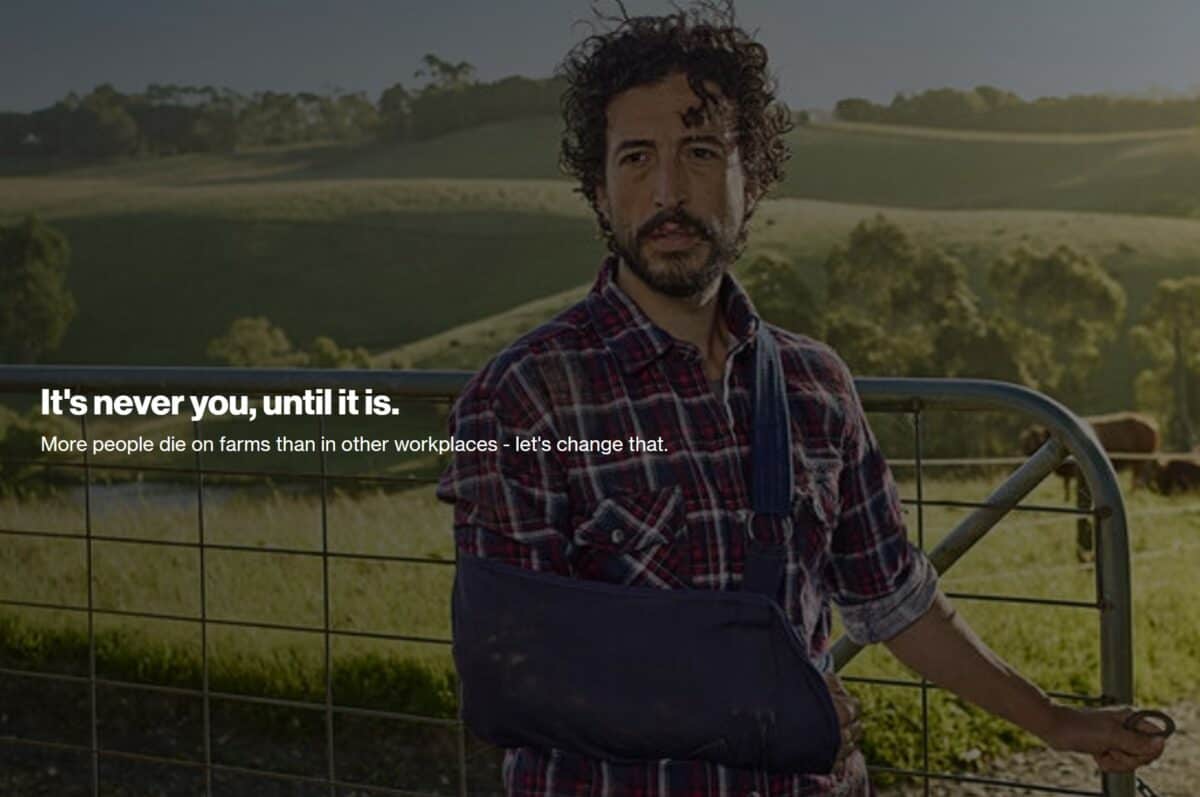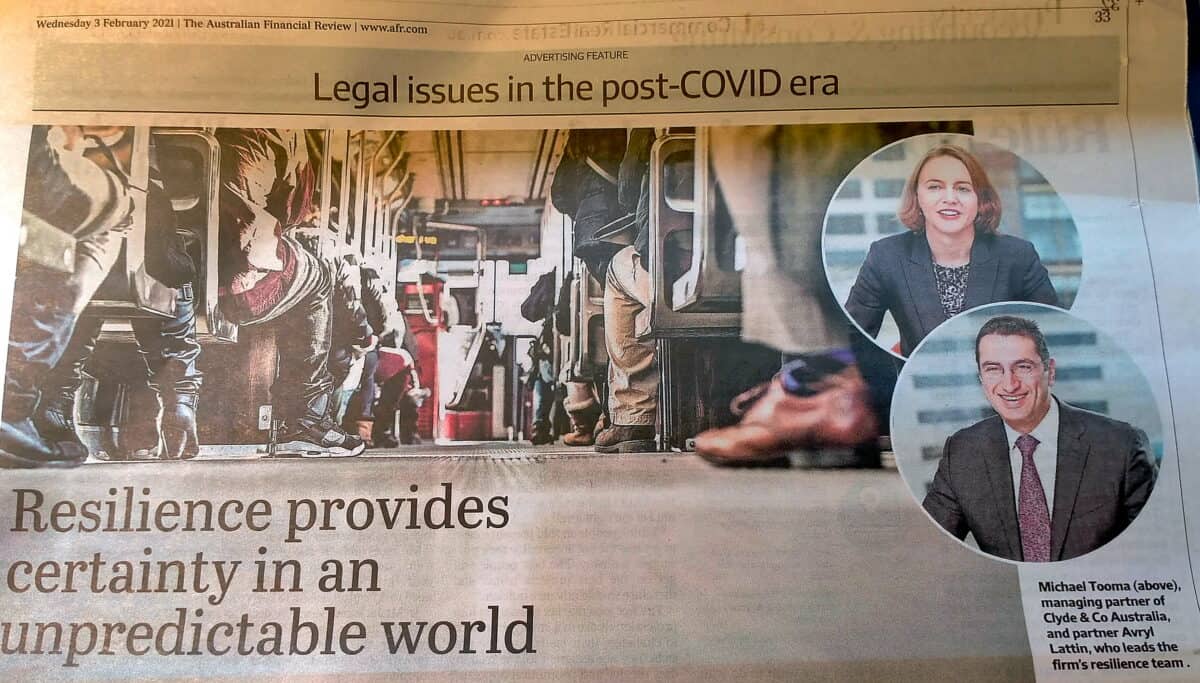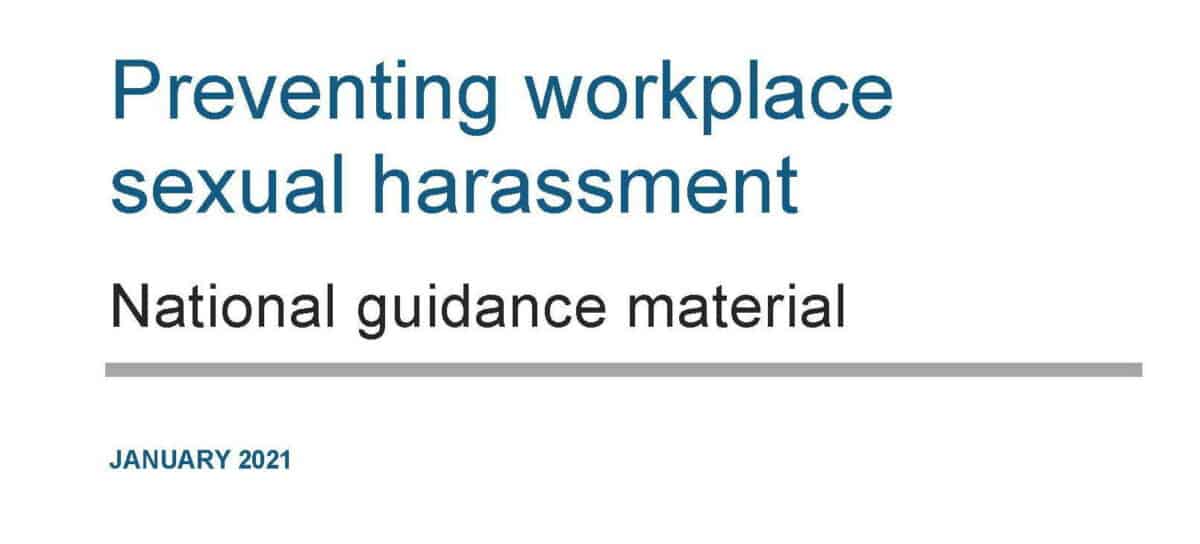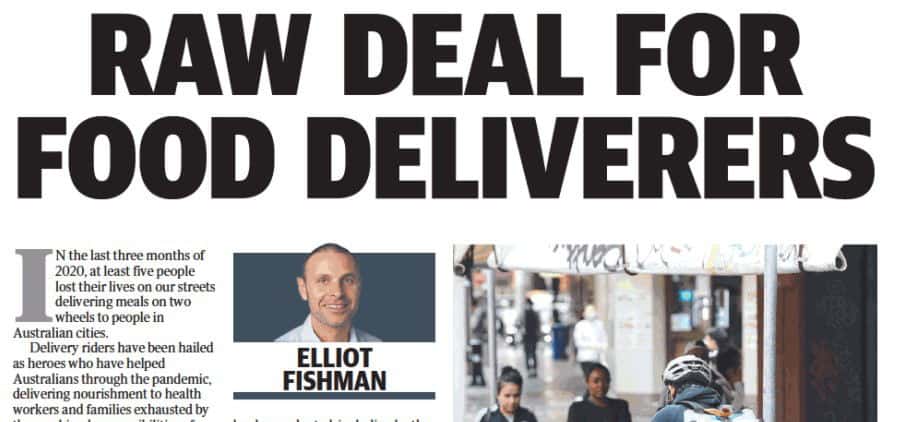In the world of work, industrial relations (IR) continues to lead discussions with occupational health and safety (OHS) as an additional motivator of change (If we’re lucky) or a consequence of IR negotiations, for which we are supposed to be grateful. This seemed to be on display again in one Australian Senate Committee hearing in March 2021.
The Senate’s Economics Reference Committee sat in Melbourne on March 11, 2021. The inquiry hearing was part of the investigation into the “the causes, extent and effects of unlawful non-payment or underpayment of employees’ remuneration by employers and
measures that can be taken to address the issue…”, more commonly referred to as “wage theft”.







